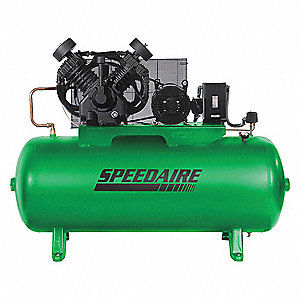How Does a Pool Heat Pump Work?
- danielrobinson
- Nov 24, 2019
- 2 min read

It's getting hot, the sun is heating up, summer is coming but the temperature of the pool water does not follow or goes up slowly.
You want to enjoy your pool in the evening or current month of April, and you will like to know how a pool heat pump works: efficient and environmentally friendly.
General Principle of a Heat Pump
The heat pump intercepts the heat naturally present in the environment we breathe (air, water, soil), modifies them and restores them to a much higher temperature which it then diffuses into the house or transmits to the home. pool water.
For example, the refrigerator and air conditioner in your home use the heat pump to operate.
The pool heat pump works like a fridge upside down, that is to say that it allows to heat the pool water from 15 to 28 ° C.
Operation Heat Pump Pool
In order to take the heat from the air and transfer it to the pool, a fluid called "refrigerant" will pass into the heat pump in the liquid or gaseous state in a closed and impermeable circuit.
This circuit is composed of 4 essential systems:
The evaporator
The compressor
The condenser
The regulator
This is as follows: The heat pump intercepts the calories in the air through the compressor and then brings them to a higher temperature.
This operation is accomplished thanks to the refrigerant which has the characteristic of changing state according to its pressure.
The fluid becomes gaseous when its pressure increases: it boils. And he sucks the calories.
The fluid becomes liquid when its pressure drops: it condenses and releases the calories aspirated.
For short and simple, the heating of the water of your pool will be done in 4 stages.
Step 1: The outside air sucked by the heat pump will pass into the evaporator which, with the help of the refrigerant, will turn it into a gas.
Step 2: The gas thus created will go under the compressor. It will undergo significant pressure that will increase its temperature.
Step 3: once the gas has warmed up, it will go into the condenser that contains the pool water. The gas will liquefy and add to the previously aspirated water to heat it.
Step 4: The resulting heated liquid will go into the regulator, which will reduce the pressure and will return to the evaporator again.
The more this cycle will be repeated, the more the pool water will increase in temperature and heat up.



Comments